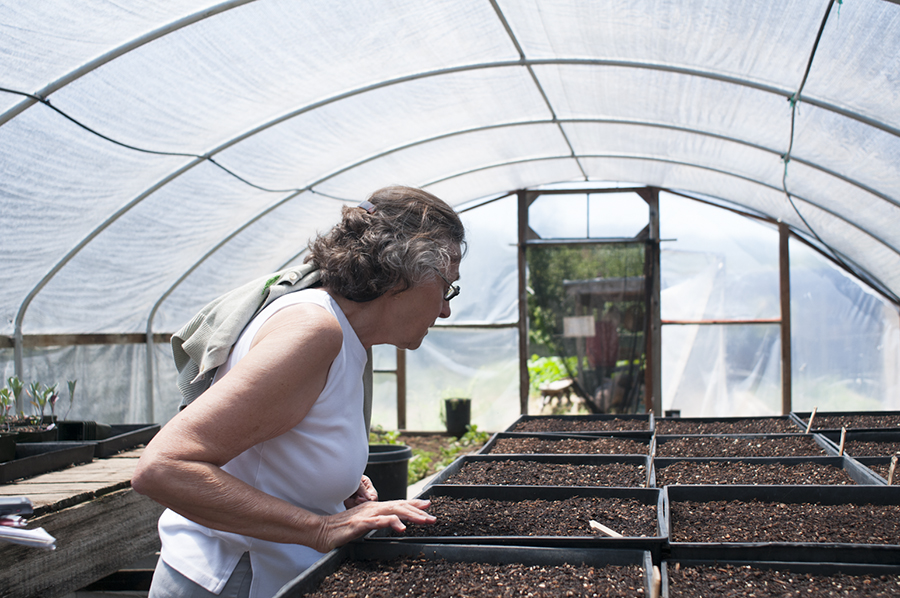A small organic farm in San Anselmo found itself in hot water last month when a random sweep by the Division of Labor Standards . . .
Cracking down on family farms


A small organic farm in San Anselmo found itself in hot water last month when a random sweep by the Division of Labor Standards . . .